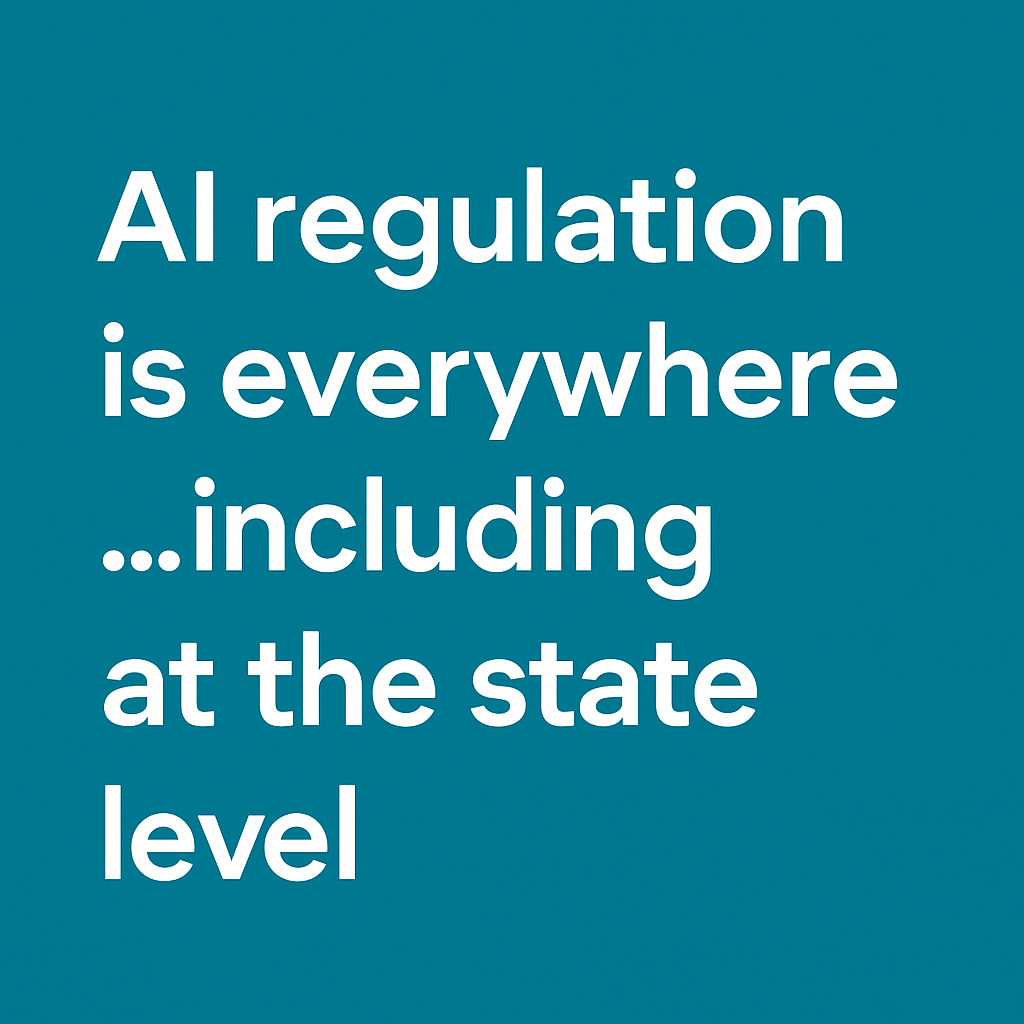Some think that artificial intelligence (AI) is a scary thing that is coming in the near or distant future. AI isn’t scary, and it is already integrated into the fabric of most of our daily lives and the tools we already use!
Pew Research Center surveyed 11,004 U.S. adults and reported, “about a quarter (27%) said they interact with artificial intelligence almost constantly or several times a day.” I’m guessing in reality that number is higher.
Let’s explore some examples of common technologies that use AI, often behind the scenes, to help make our daily lives easier. See which ones you use over the course of your day.
Smart home assistants
There are several brands of virtual assistants that we can use in our homes. We might ask them the weather as we try to pick what to wear in the morning. We can also ask them to remind us to do something, play a song, recall a poem or quote, answer a question, turn on the lights, or complete other basic tasks. As we casually converse with them, we're interacting with sophisticated natural language processing algorithms (a type of AI) that decipher our words and respond accordingly.
Navigation apps
The home assistant helped us figure out what to wear to work, and AI can also help us get there with mapping and navigation apps. Behind the scenes, these apps in our cars and on our phones use machine learning algorithms to continuously adapt to changing road conditions. They can detect the accident ahead or just heavy traffic and suggest another road that isn’t usually busy at this time of day. These systems can help shave time and frustration off our daily commute.
Fraud detectors
On the more serious side, many banks use AI to scan messages, transactions, and user behavior to flag potential spam, fraud, identity theft, and cyber-attacks in real time. Yes, that is you buying your morning coffee at the local café. No, you are not in another state buying something else! AI works behind the scenes to help protect our data and credit.
Email filters
Fully caffeinated and at work, AI can help with our never-ending emails. AI-powered email filters use machine learning to categorize our emails based on our interaction history. They learn to distinguish between important emails and spam, help to ensure that the most crucial messages land at the top of our inbox, and learn that the ones we keep deleting should go to our spam. It's like having a personal assistant organizing our digital communication effortlessly.
Of course, email filters are just one AI application you might come across in the office. When considering any AI solution, it's important to ensure you know the right questions to ask potential vendors in order to make an informed decision.
Writing assistants
AI may also be embedded in other key office software that we all use. Leading word processors and office suites now tout the inclusion of AI features that help with drafting, editing, and analyzing documents. These programs leverage natural language processing to provide style suggestions and catch potential mistakes in real time as users type. They can help summarize long documents and answer questions about the content. AI is increasingly becoming a co-pilot in document creation.
Social media feed curators
During a break at work, we often unwind by glancing at our favorite social apps. The content is personalized to us, showing our family, friends, and interests. AI algorithms are the unseen curators that analyze our past interactions, preferences, and even the time spent on specific posts to present a feed that aligns with our preferences and maximizes engagement. As we upload a picture, smart tagging in photo apps uses AI to recognize faces and objects in images to help make connections. The more we use the app, the better these algorithms likely understand us and personalize what we see.
Streaming media recommenders
At the end of the day, back at home, we seek entertainment. Again, AI can help. Most online entertainment platforms leverage AI to some degree to analyze our listening and watching habits. With that data and the data from other similar users, the systems can recommend music, movies, and other media that we might enjoy. Some are better than others at finding that perfect movie, but they can help reduce the consideration set, enabling a quality choice.
Personal shoppers
Similar to helping us pick entertainment, most online stores use AI to help personalize our shopping experience. AI algorithms analyze our purchase and return history, browsing patterns, and even the products we've lingered on to predict what we might want to buy next. It's like having a personal shopper who knows our style, preferences, and size to help cut through the sheer number of choices. They can help make the shopping experience more enjoyable and efficient.
Fitness/sleep monitors
After a long day, the same AI device that has counted our daily steps will help track the length, stages, and quality of our sleep. Fitness trackers and sleep monitoring devices are increasingly incorporating AI to provide more personalized insights so we can establish healthier patterns. Some advanced trackers are even starting to consider longitudinal data to detect subtle changes and patterns over time. Some can help identify how factors like alcohol, diet, or stress impact our sleep quality. As the AI improves, these tools should start to deliver insights not just on past activity, but also predictive, personalized guidance to help improve our health and performance.
Conclusion
These examples help illustrate the versatility of AI and only scratch the surface of how it is enhancing various aspects of our daily lives. AI is often working its magic without our even realizing it. As technology continues to evolve and be embedded in the everyday products we use, AI's role will likely expand, introducing even more enhanced, personalized experiences into our daily routines. Embracing these advancements will hopefully lead to a higher quality of life.
Are you considering AI solutions for your business? Ask the right questions.
The opinions provided are those of the author and not necessarily those of Fidelity Investments or its affiliates. Fidelity does not assume any duty to update any of the information. Fidelity and any other third parties are independent entities and not affiliated. Mentioning them does not suggest a recommendation or endorsement by Fidelity. The information regarding AI tools provided herein is for informational purposes only and is not intended to constitute a recommendation, development, security assessment advice of any kind.
1124922.1.0




-1.png)

